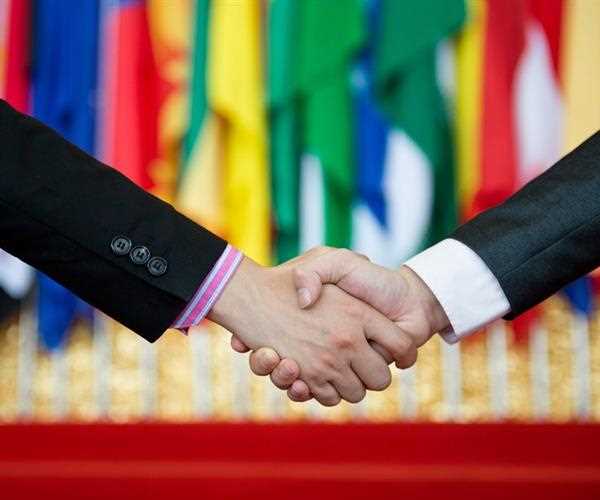Current trends of globalization have done a lot to shift the international relations’ framework in that international trade has become strongly interlinked and closely coordinated. These eliminate trade barriers, and lessen the tariffs, and initiate new markets for commerce, which lays a framework for better diplomacy. When it comes to matters of economics, the goals and objectives are achieved by countries because they complement each other globally.
One of the major implications is development of cooperation between member countries. The significance of this argument is that this has helped to cement the cooperation between participating nations. Trade affairs go beyond economic cooperation, embracing political cooperation as well as such aspects as security, technologies, and climate. When the commerce relations are strengthening, the diplomatic relations between the states are also becoming more active to support each other in international affairs.
Nonetheless, not every identified outcome of gender transformation towards women is necessarily positive. Trade relations can also pose some degree of conflict when the effects of what has been agreed are seen to enrich specific countries. They may result in economic rivalry and differences concerning the tariffs and market entry. This leads to most often diplomatic tensions or trade wars that significantly affect the stability of the world economy and relations.

Another feature that followed agreements is change in balance of power. To a certain extent, new powers manage to acquire more power through agreements, thus eroding the post-war powers. This realignment makes the mature economies to change their thinking and therefore coming up with new strategic business formations ,and in effect creating geopolitical rivalry.
Globalization of trade is shifting international relations by establishing chances as well as risks. It encourages economic development and cooperation on the international level but at the same time brings rivalry and change of positions. These incidents also underline how trade has a very significant impact on the contemporary patterns of international relations in the global political system.
Conclusion
In conclusion, Modern international trade relations are actually re-shaping the relations between nations and thereby the power balances in the world. On the positive side, it is obvious that the EU and USA create opportunities for economic development and cooperation in the realm of diplomacy. As all these agreements unfold, they are going to shape more the proportional distribution of the partnership arrangements and geopolitical prints.